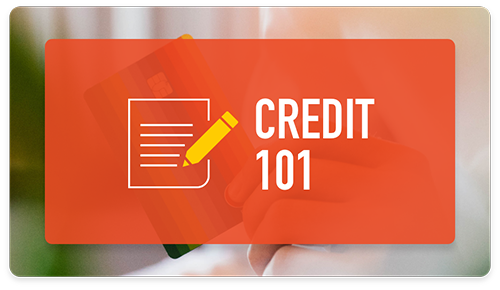
Getting your first credit card is an exciting milestone, but it’s also a significant responsibility. Used wisely, a credit card can help you build a strong credit history, which opens the door to financial opportunities like loans, mortgages, and even better job prospects. However, misuse can lead to debt and a damaged credit score. This guide will provide essential tips to help first-time credit card users navigate their credit journey successfully.
1. Understand How Credit Works
Before swiping your new card, take time to understand how credit works.
- Credit Score: Your credit score is a numerical representation of your creditworthiness. It’s affected by factors like payment history, credit utilization, and length of credit history.
- Interest Rates: If you don’t pay your balance in full each month, you’ll be charged interest. Credit card interest rates, or APRs (Annual Percentage Rates), can be quite high.
- Billing Cycle: This is the period during which purchases and payments are tracked. At the end of the billing cycle, you’ll receive a statement summarizing your activity.
2. Choose the Right Credit Card
Not all credit cards are created equal. As a first-time user, look for cards designed for beginners:
- Student Credit Cards: Great for young adults enrolled in school, offering lower credit limits and often educational resources.
- Secured Credit Cards: These require a refundable security deposit and are ideal for building or rebuilding credit.
- Low or No Annual Fee Cards: Avoid cards with high annual fees that may not offer benefits you’ll use.
3. Keep Your Credit Utilization Low
Credit utilization is the percentage of your credit limit that you’re using. Experts recommend keeping it below 30%, and ideally below 10%, to maintain a healthy credit score.
- If your credit limit is $500, aim to spend no more than $150 at a time.
- Pay off balances promptly to avoid maxing out your card.
4. Pay Your Bill On Time, Every Time
Payment history is the most significant factor in your credit score, accounting for 35%. Missing payments can hurt your score and incur late fees.
- Set Up Reminders: Use calendar alerts or set up automatic payments to ensure you never miss a due date.
- Pay in Full: Avoid carrying a balance whenever possible to sidestep interest charges.
5. Avoid Overspending
Credit cards can feel like “free money,” but it’s crucial to spend within your means.
- Create a monthly budget and stick to it.
- Treat your credit card like a debit card—only charge what you can pay off immediately.
6. Monitor Your Credit Activity
Regularly review your credit card statements and check your credit report. This helps you:
- Spot fraudulent transactions quickly.
- Ensure your information is accurate.
- Track your progress in building credit.
Many credit card companies offer free credit monitoring tools. Take advantage of them!
7. Beware of Common Credit Card Pitfalls
Avoid these mistakes that can derail your financial journey:
- Applying for Too Many Cards: Each application results in a hard inquiry, which can temporarily lower your credit score.
- Ignoring the Fine Print: Familiarize yourself with your card’s terms, including interest rates, fees, and rewards policies.
- Only Paying the Minimum: While paying the minimum keeps your account in good standing, it increases the amount of interest you’ll pay over time.
8. Take Advantage of Rewards and Perks
Some beginner-friendly credit cards offer cashback, points, or other rewards. Use these perks wisely:
- Use rewards to offset regular expenses like groceries or gas.
- Avoid spending extra just to earn rewards—it’s not worth it if you can’t pay off the balance.
9. Build Credit Gradually
Rome wasn’t built in a day, and neither is a strong credit score. Use your credit card responsibly over time to establish good habits and demonstrate your reliability to lenders.
Final Thoughts
Your first credit card is a powerful tool for building your financial future, but it comes with responsibilities. By following these tips, you’ll not only avoid common pitfalls but also set yourself up for long-term success. Remember, responsible credit card use is the foundation of a healthy credit profile, which can benefit you for years to come.
Start small, stay disciplined, and watch your financial opportunities grow!
Need help managing your credit or learning more about building a strong financial foundation? Contact us at JDP Credit Solutions.
